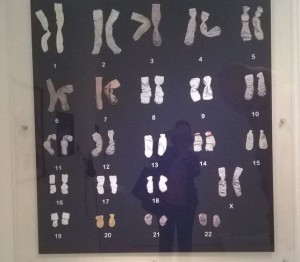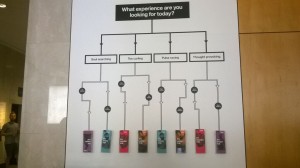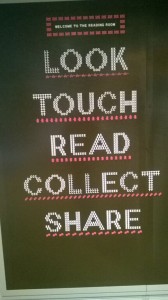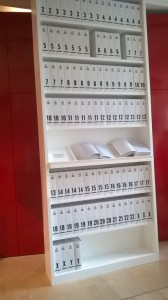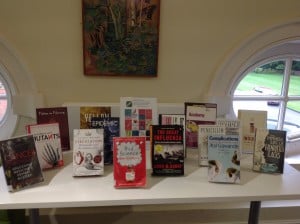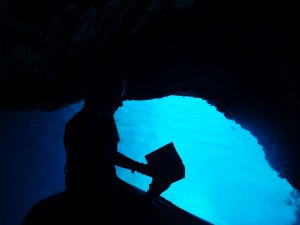 This summer holiday is longer than ever and the opportunities to stretch yourselves, learn new skills and escape into a good book are vast. We look forward to all your entries to this year’s Extreme Reading Photo Competition too!
This summer holiday is longer than ever and the opportunities to stretch yourselves, learn new skills and escape into a good book are vast. We look forward to all your entries to this year’s Extreme Reading Photo Competition too!
For non-fiction reading suggestions don’t forget the Top Ten Reads (especially beneficial for those of you in 5th and 6th form and a chance to develop your knowledge of the subjects you are passionate about in Preparation for A levels and IB)
For fiction remember Mr Wayman’s (Head of English)Wellington 100 book suggestions. An eclectic mix of classic and contemporary fiction.
There are masses of reading ideas on the Lovereading4kids website including suggestions by age and theme and helpful additional information about authors. It is particularly useful for finding out about recently published books. For adults try lovereading.co.uk
The Carnegie Medal – awarded each year by school librarians for an outstanding children’s book is a good source of contemporary fiction suggestions for young people from 10 – 16.
MOOCs (Massive Open Online Courses)
MOOCS enable all of us to dip into free online courses and to try new things. Have an explore of the big course providers below:
- Coursera
- Edex
- Futurelearn
- iTunesU Courses available on iPads and Apples devices.
Don’t overlook Twitter as a brilliant source of links, blogs, websites, quizzes and information. It is a fascinating source for enrichment and learning. Choose who you follow carefully and follow your passions.
Here are a couple of my favourites:
Open Culture @openculture The best FREE cultural & educational media on the web. Features free courses, movies, audio books, eBooks & thought-provoking daily posts.
I always find unusual, obscure and fascinating things I didn’t know on this website.
Brainpickings@brainpickings (also @brainpicker) from Maria Popover
Youtube Try these channels for awesome science:
- Crash Course
- Periodic Videos Your youtube channel for all things Chemistry (from the School of Chemistry at the University of Nottingham) More chemistry at http://www.periodicvideos.com/ My favourites are experiments on coca cola and creme eggs.
Did you hear Alain de Botton at the Festival of Education? He gave a very interesting talk about the things we don’t educate young people in. Have a watch of the videos in his School of Life youtube channel. Thought-provoking and challenging!
If you are curious about Medicine and Science why not visit the Wellcome Collection in London. It’s free and fascinating. It also has plenty of information and research online plus an images collection here
If you are a Geography fan or just keen to improve your chances in the inter-house quizzes try these Geography Games
News – The Conversation Here’s what their website says about them:
‘The Conversation is a collaboration between editors and academics to provide informed news analysis and commentary that’s free to read and republish.’
10 Ways we are different
The Conversation provides readers with a free high-grade and trusted information service.
- In a world of misinformation and spin, The Conversation contributes to healthy democratic discourse by injecting facts and evidence into the public arena.
- All our content is sourced from university scholars and researchers who have deep expertise in their subject.
- We are committed to responsible and ethical journalism, with a strict Editorial Charter and codes of conduct. Errors are corrected promptly.
- We are transparent, with every author disclosing their expertise, funding, and conflicts of interest.
- We are a global knowledge project, with 60 staff based in the UK, US and in Australia working with more than 23,000 specialist scholars and researchers. Our aim is to have editors in every part of the world.
- All our content is free to read and republish under Creative Commons while the rest of the media charges for re-publication.
- We believe in the free flow of information. We disseminate our content to more than 12,000 sites worldwide. That gives our content a global reach of 23 million readers a month, and growing.
- To avoid commercial conflict we don’t carry advertising pop-ups or annoying autoplay.
- In the UK, we rely on the support of universities, research institutes, SAGE and Wellcome Trust, as well as other foundations. In Australia, we rely on the support of universities, research institutes (inc CSIRO), corporates such as the Commonwealth Bank of Australia, as well as foundations and reader donations. In Africa, we rely on the support of major foundations and corporates, as well as the National Research Foundation. In the US, we rely on the support of major foundations.
- We are a not-for-profit organisation serving the public good.
If you support these aims, please help us to continue and improve our service. Stephen Khan, Editor.
